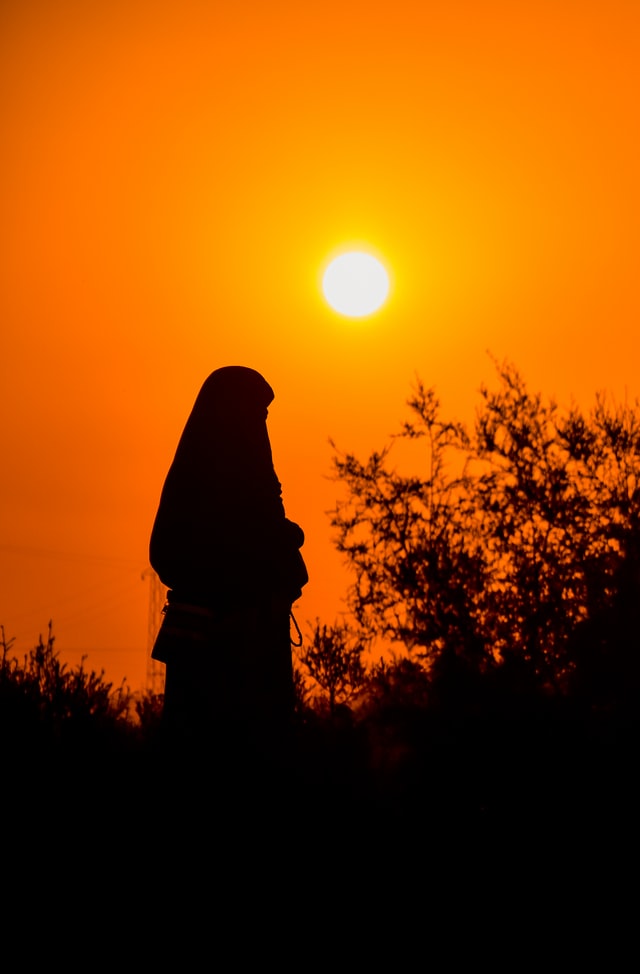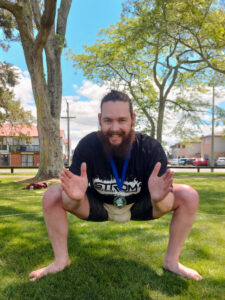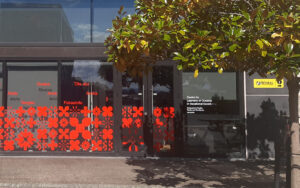Faith, family and overcoming stereotypes

Growing up as part of a minority group had its challenges for academic Dr Isra Yaghi, who was just three years old when her family emigrated to New Zealand in 1987. Now with a PhD in Linguistics, a teaching career and family life well-established, she reflects on some of those difficulties and the continuing stereotypes Muslim women face. She also talks about how faith and worship are integrated into her everyday life, including during the holy month of Ramadan.
During the 1990’s, Yaghi says the Arab population in New Zealand was quite small which made it more difficult, especially at times like Ramadan. She cites being a teenager at the time of the 9/11 terrorist attacks as playing a huge factor “there was a bit of teasing going on”.
Today, Yaghi says she still experiences situations which show attitudes and stereotypes towards Muslim women. “Sometimes people will come into my lecture room to find the teacher, and look right past me”. Yaghi says that despite perceptions to the contrary, “a lot of Muslim women are educated and have autonomy in their decisions. We don’t need Western ideals pushed onto us”
This individuality extends to the different ways Ramadan is celebrated, as a religious and sacred occasion involving worship, forgiveness and sacrifice, across families and cultures.
In her family Yaghi says they don’t do a lot of preparation before the month stars. “It’s just me, my husband and my kids, I don’t have any other relatives here. It’s just a family experience and our dinners are basically what we would eat on a normal day”.
For the Yaghi family, everyone is involved “it’s not just me slaving away in the kitchen, or my husband, we all take part”. For her children, a Ramadan tradition is the breaking of the fast platter which includes cutting up fruit, chocolates and nuts as a reward for their fasting.
There are other traditions for celebration at Ramadan which include sharing your dinner and desserts with other family and friends, just getting together and cherishing the moments you are able to have with each other, and not taking these for granted.
Yaghi says that worship takes place in different ways “obvious ones are praying and fasting but everything we do is considered worship; feeding our families, sharing food with neighbours and friends, it’s all part of it.”
When asked if she feels she could be open with her observances for Ramadan with non-Muslims, Yaghi responds that if she was out and offered food she would simply say ‘no thank you, I’m fasting’ but that there are more complex aspects she doesn’t talk about because they may not be understood or appreciated “you don’t want to be misunderstood, that’s all.”
While Yaghi agrees there are challenges as a Muslim woman, she is clear that she’s “not saying I wouldn’t want to be Muslim”. She reflects that there was one time she wished she didn’t have guilt “but I learnt that guilt is your conscience and prevents you from doing things you’re not meant to be doing.”




